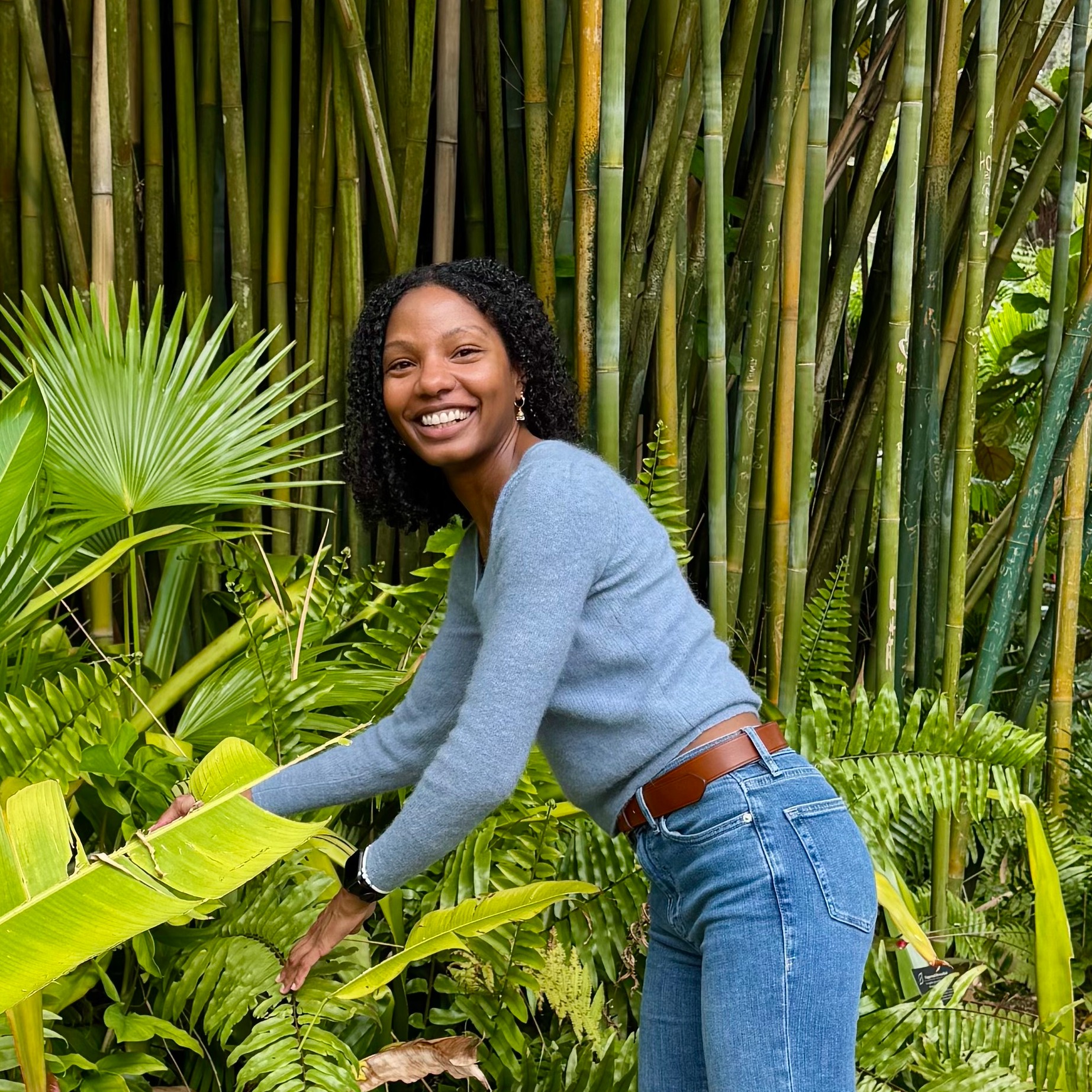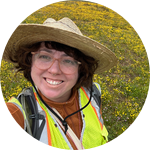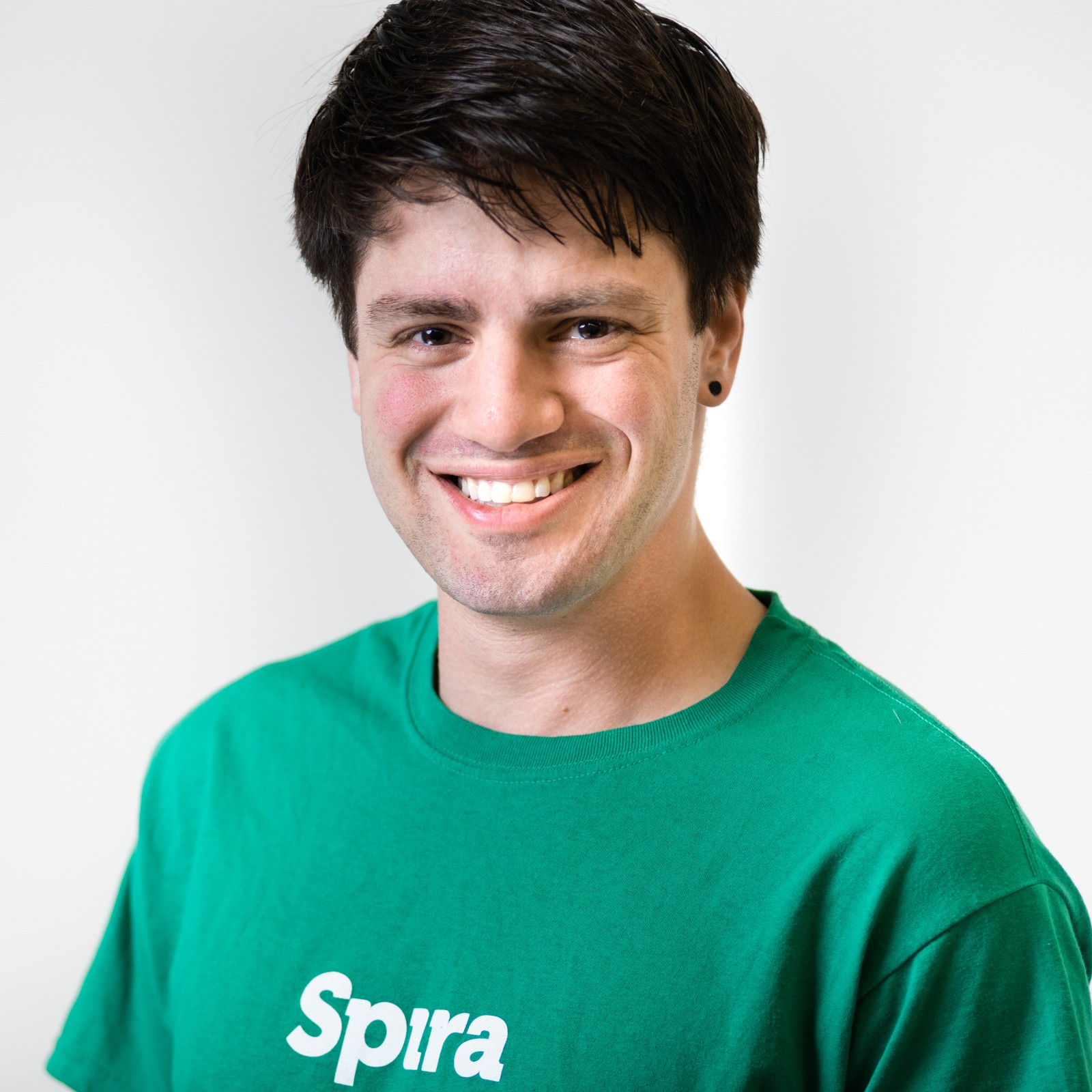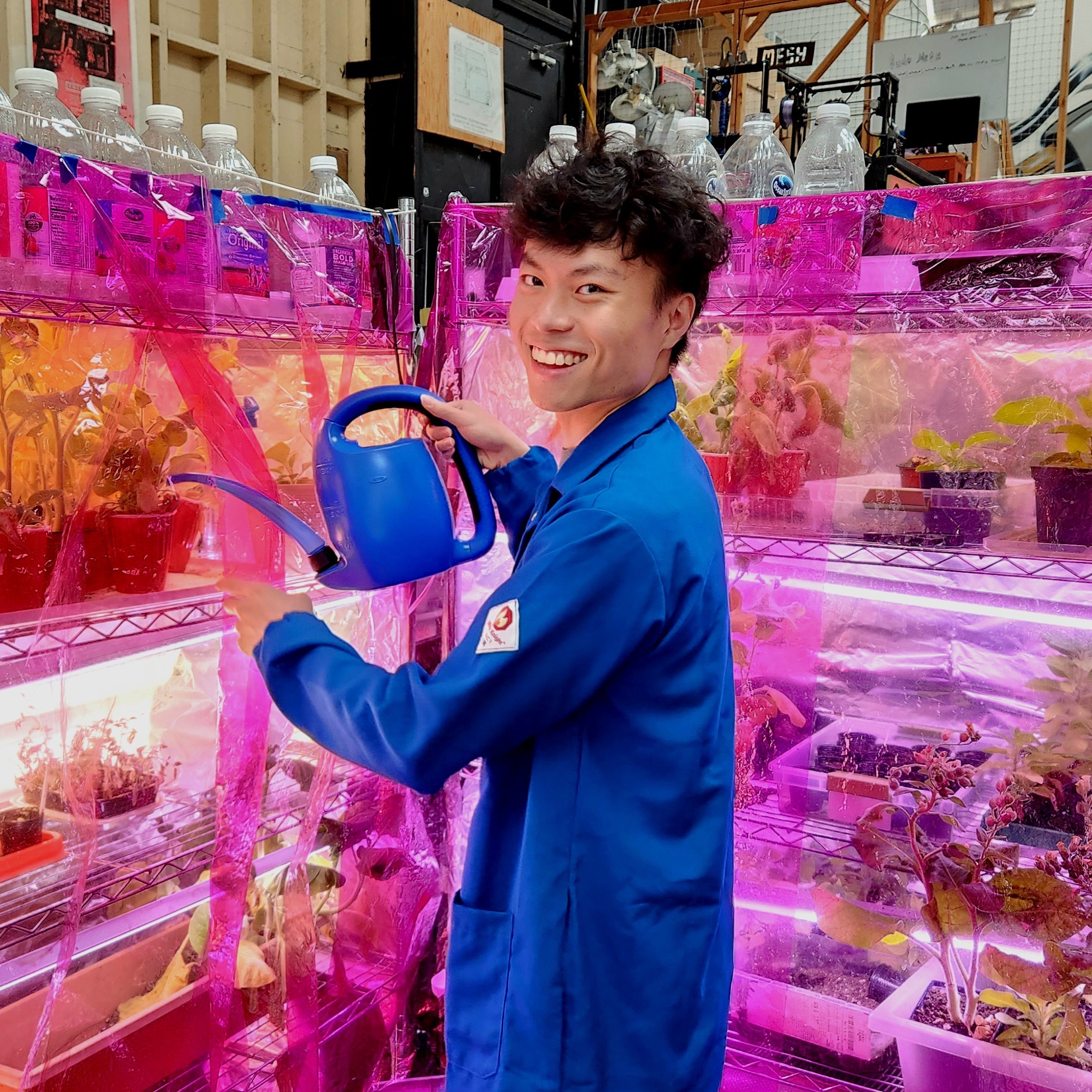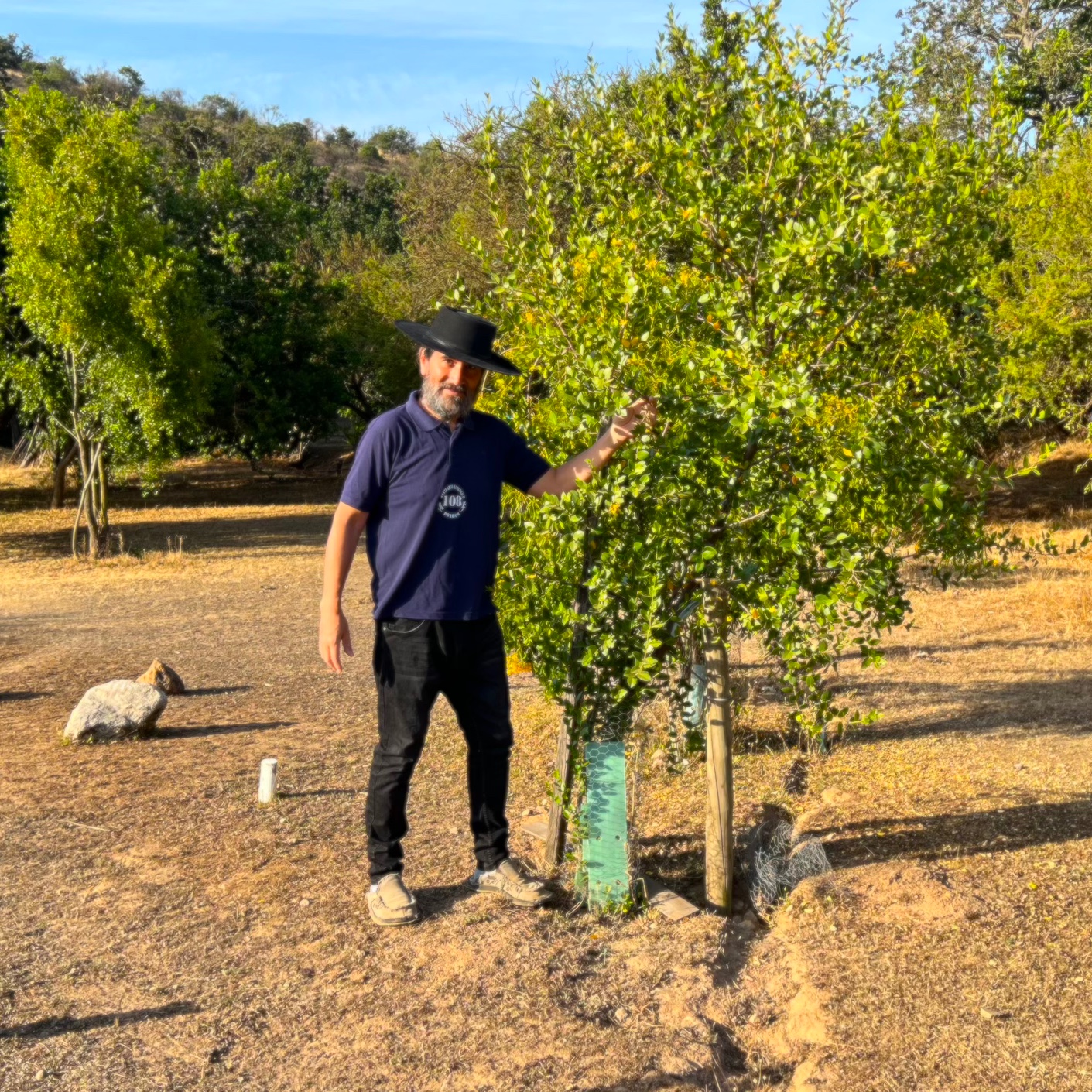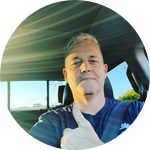About This Project
The Chilean Soapbark Tree (Quillaja saponaria) produces QS-21, a key ingredient in COVID-19 vaccines. Due to high demand for this chemical, wild trees have been overexploited and biodiversity has dwindled. This project seeks to safeguard this natural resource with traditional conservation techniques and biotechnology for sustainable QS-21 production. With these practices, we can continue to supply this essential compound to vulnerable communities without further harming native ecosystems.
Ask the Scientists
Join The DiscussionWhat is the context of this research?
Saponins from Q. saponaria have traditionally been used as plant-based soap in indigenous Chilean culture as well as emulsifiers in cosmetics and foaming agents in beverages like root beer. But with the recent discovery of QS-21 as a potent vaccine adjuvant, extraction of saponin from native trees has skyrocketed. Traditional harvesting strips the tree of its bark, essentially killing the tree. Our research supports sustainable production through growing trees from seed and harvesting 6-month-old saplings. While new methods of cultivation and efficient saponin production in young plants are in development, less work has been done on conservation. There have been no soapbark tree seed storage studies to date, which is key to preserving biodiversity of this culturally important species before it is permanently lost. Thus, a key component of this project is seed banking. Our approach couples preservation of this threatened species with scalable production of its high-demand compound.
What is the significance of this project?
This project will establish the largest documented seed bank in the world for Quillaja saponaria. As a project operating out of a community lab, it is founded on open-science principles and cross-collaboration. Our research is a partnership between citizen scientists at Counter Culture Labs, researchers at UC Berkeley, and environmental stewards at Santuario Ecologico in Chile. We will develop a low-cost micropropagation setup that can be easily implemented in community labs and our seed-saving partners in Chile to expedite preservation of threatened specimens. Any novel protocols created by our group for responsible cultivation and screening of high-saponin varieties will be shared with Chilean producers of soapbark-based saponins. This project is also a first of its kind international seed collection initiative that engages local Chilean farmers in citizen science research on this valuable plant and many precious seeds will be saved for reforestation of damaged ecosystems in Chile.
What are the goals of the project?
Our primary goal is to establish a seed bank with over 100 unique trees sourced from at least 5 distinct tree populations in diverse geographic regions in Chile. To that end, we will collect seeds then store batches of seeds for months under varying temperature & humidity and record viability through germination rates. Once we have determined ideal seed storage parameters, seeds will be distributed to Chilean reserves.
Another goal is to create a low-cost indoor greenhouse setup designed for Q. saponaria germination that can be performed in community bio labs and on Chilean farms. This enables development of new propagation techniques, using tissue culture & various light recipes, to generate new practices for a sustainable supply of trees. Along the way, we will create robust protocols that can be adopted by QS-21 producers. Our final priority is to develop an inexpensive saponin content assay for high-throughput phenotyping and then label high-saponin variants for future sequencing.
Budget
A majority of the budget will go towards prototyping and construction of a low-cost indoor vertical farming setup that can easily be implemented at community biology labs. Each rack occupies only 8 square feet and is designed to propagate hundreds of Q. saponaria saplings, making them economical for low-budget research. This is important because our research relies heavily on citizen scientists and collaboration with international partners. Next, flights from the United States to Chile and transportation from farm-to-farm allow us to source seeds directly from the wild. Finally, creating a saponin content assay requires validation with traditional methods like HPLC and costly standards. We will build upon the vanillin sulfuric acid colorimetric method as our low-cost alternative. This will help us identify high-producing QS-21 varieties from at least five mother plants. Those outliers can then be used with our sustainable propagation protocols for large-scale saponin production.
Endorsed by
 Project Timeline
Project Timeline
Our research is to be completed by mid-2026, with each stage lasting a few months. First, we will cultivate relationships with Chilean farmers to collect seeds. Then we will begin seed storage experiments in our lab in California. Next, we will develop new propagation protocols. When saplings are six months old, they will be phenotyped with our saponin assays. Finally, seed storage experiments will conclude with viability testing and seeds will be re-collected in 2025-26 to expand our seed bank.
Mar 03, 2024
Built relationships with Chilean farmers
May 18, 2024
Collected seeds from Chile and transported to United States. Store seeds temporarily as 'orthodox seeds' until ideal seed storage conditions are identified
Aug 27, 2024
Assembled germination growth racks and started prototyping indoor vertical farming greenhouse setup
Oct 11, 2024
Seeds cleaned, sorted, and small batches planted
Dec 13, 2024
Project Launched
Meet the Team
Team Bio
Our international team is well-equipped to tackle this conservation project. Anthony has experience cultivating Q. saponaria and developing a variety of experimental horticultural techniques. He also speaks Spanish. Padma is a Chilean steward of 108 hectares of land, which is home to many soapbark trees. He is connected with many farmers in Chile. Dr. Thomas is an analytical chemist of plant-based compounds at UC Berkeley. Most importantly, we share values in ethical use of natural resources.
Anthony Neil Tan
Anthony Neil Tan is a research scientist working out of UC Berkeley and community biology laboratory Counter Culture Labs. His projects center on optimizing the cultivation of high-value plants via various horticultural methods and plant tissue culture.
His experience ranges from designing a plant growth chamber that won a national NASA contest to growing plants for research in UC Berkeley's Oxford Tract greenhouse to developing new plant genetic engineering tools at the U.S. Department of Energy's Joint BioEnergy Institute to investigating meristem development at the USDA Plant Gene Expression Center.
He is also a Wet-Lab Biology Instructor at Counter Culture Labs where he creates new protocols and teaches hands-on workshops on various techniques including hydroponic agriculture, micropropagation, and plant genetic engineering. He believes that science should be accessible to all, beyond traditional academic contexts.
Padma Vaidhi
Santuario Ecologico 108 is a forest reserve located in Chile and a foundation in the process of formation. The purpose of the Foundation will be • EDUCATION • CONSERVATION • INVESTIGATION. To achieve these goal, it will run its own programs as well as participate in projects with universities, public and private institutions as well as companies, all of them both national and international.
Padma Vaidhi, Founder of the association, is a Chilean lawyer and environmental steward dedicated to the preservation of natural ecosystems. The board is made up of professionals and community leaders with extensive experience in the environment, such as Piero Vitta, Director of the local Residents' Association, who formed the first Environmental Committee of the Municipality of Villa Alemana, Valparaíso region in Chile.
Dr. Thomas Azwell
Dr. Thomas Azwell is a UC Berkeley Professor whose work centers on environmental sustainability. He has collaborated with the USDA and the US Fish & Wildlife Service, among other government agencies, to carry out environmental remediation projects.
He is a seasoned professional in forming key partnerships across municipalities and mobilizing communities for conservation of natural resources. For his dedication in protecting forest ecosystems and building resilient communities, he has received many accolades including the UC Berkeley Chancellor’s Award for Public Service.
In the laboratory, he develops chemical assays for hemp-derived compounds to strengthen the accuracy of current testing standards, which increases transparency of results and expands compliance of farmers’ crops. His work on improving the accessibility of cannabinoid and terpenoid research contributes to the broader study of plants as natural sources of medicines.
In addition to being a field researcher and wet-lab scientist, he is a proponent of environmental science education in low-income diverse communities in the Bay Area and abroad. He has developed curriculum for local Bay Area high schools as well as Kagawaran ng Edukasyon, the department of education in the Philippines.
Lab Notes
Nothing posted yet.
Additional Information
We acknowledge that Q. saponaria is native to Chile and has long been exploited by profit-driven corporations. With guiding values in environmental justice and anti-extraction, we intend to foster Q. saponaria research in the tree's native country so that the scientific community and environmental agencies in Chile can spearhead the responsible use of their land's resources. The growth of the saponin production industry in Chile will also expand scientific opportunities for Chileans and boost their national economy. Our partnership with Chilean stakeholders is critical to the success and integrity of this project.
Project Backers
- 8Backers
- 3%Funded
- $261Total Donations
- $32.63Average Donation
